Schengen - The Denouement is Yet to Be Seen
Ralitsa Kovacheva, March 7, 2012
 Another episode of Bulgaria`s and Romania`s Schengen saga did not bring the long-awaited denouement, but produced a very important question. Maybe this will be at the heart of the intrigue, but for now the playwrights keep silence.
Another episode of Bulgaria`s and Romania`s Schengen saga did not bring the long-awaited denouement, but produced a very important question. Maybe this will be at the heart of the intrigue, but for now the playwrights keep silence.
In fact, the Schengen issue appeared quite unexpectedly on the agenda of the Spring European Council meeting. In his invitation to the leaders of the member states, European Council President Herman Van Rompuy casually mentioned Schengen among the topics to be discussed during the working dinner. Subsequently, the issue drew media attention because of reports that Romania would block Serbia being given a candidate country status  because of the Dutch veto on Bulgaria`s and Romania`s Schengen membership. From Herman Van Rompuy's speech after the dinner it became clear that earlier in the day negotiations took place, chaired by him, among the prime ministers of the Netherlands and Bulgaria, and Romania's president.
because of the Dutch veto on Bulgaria`s and Romania`s Schengen membership. From Herman Van Rompuy's speech after the dinner it became clear that earlier in the day negotiations took place, chaired by him, among the prime ministers of the Netherlands and Bulgaria, and Romania's president.
"We made progress today as regards the accession of Bulgaria and Romania to the Schengen area. After intensive preparatory consultations in the last weeks, we now have a roadmap," President Van Rompuy said.
The roadmap, which is described also in the conclusions of the European Council, means the following: In September 2012 the Justice and Home Affairs Council has to decide on the accession of Bulgaria and Romania to Schengen, but in the meantime the Council should "identify and implement measures which would contribute to the successful enlargement of the Schengen Area to include Romania and Bulgaria."
 No word is mentioned, however, what these measures could be, which is exactly the important question I mentioned at the beginning. From Bulgarian side there is also blank silence on the matter. So, lets think about it. As repeatedly stated by the European Commission, the European Council, the European Parliament, the Council of interior ministers and even the Netherlands, Bulgaria and Romania are technically ready to join Schengen. Even Dutch Prime Minister Mark Rutte said in Brussels that "formally and legally Romania and Bulgaria can join Schengen."
No word is mentioned, however, what these measures could be, which is exactly the important question I mentioned at the beginning. From Bulgarian side there is also blank silence on the matter. So, lets think about it. As repeatedly stated by the European Commission, the European Council, the European Parliament, the Council of interior ministers and even the Netherlands, Bulgaria and Romania are technically ready to join Schengen. Even Dutch Prime Minister Mark Rutte said in Brussels that "formally and legally Romania and Bulgaria can join Schengen."
What the Netherlands wants is two consecutive reports of the European Commission under the Cooperation and Verification Mechanism (CVM) to show that both countries have made progress. As you know, the CVM has been imposed on Sofia and Bucharest to help both countries reform their justice systems and to conduct an effective fight against corruption and organised crime (the latter applies only for Bulgaria). As explained by the Dutch prime minister, we have the first report from February. Here follows a painful attempt by Mr Rutte to sound as diplomatically as possible: "The parliament and the government agreed that it was … well … more or less enough, it could be better but, OK, it was acceptable."
After this assessment, it seems like the annual Commission CVM report due to come out in July, should conclude that Bulgaria and Romania have decided once and for all their problems in justice and home affairs, so that this can be regarded as sufficient progress. The Dutch premier's statement contradicts to the official information released by the Bulgarian Government`s press service. According to it, Mark Rutte had said at the meeting that the report gave a positive assessment of Bulgaria's achievements in the field of justice and home affairs.
But what is the Netherlands expecting to see in these reports, according to Prime Minister Rutte? "For the Netherlands we have said we not only want Bulgaria and Romania to legally fulfil all criteria. We also want to see on the ground, in real life, in day to day practise that everything we’ve agreed to within Schengen is implemented in terms of rule of law, judiciary etc." This means, as the Commission itself is not getting tired to repeat in its reports that the question is not simply to have rules on paper, but these to work in practise in the real life.
And if we now return to the technical readiness, confirmed by all, and to the measures that the Justice and Home Affairs Council has to identify and implement, and if we ask ourselves again what these measures could be, there is only one possible answer. These measures are related to the achievement of results, as formulated in the CVM. Although, according to Bulgarian Prime Minister Boyko Borissov, "the monitoring report doesn’t need to be cited in this regard."
In other words, everything will be done in order Bulgaria and Romania to get a good evaluation by the European Commission and subsequently by the Council of Ministers. Because you have to agree that if the ministers invent and implement these measures it is not then convenient for them to give themselves a poor assessment by again rejecting Sofia and Bucharest. What exactly will they undertake remains to be seen. But by analogy with Greece, it will not be surprising experts from Schengen countries to storm Bulgarian institutions, as German tax experts do in the Greek revenue agency.
In this scenario, it is no longer about Bulgaria`s and Romania`s “accession” to  Schengen, but about bringing them in with joint efforts. Including by the Netherlands itself, which apparently has been willing to accept such a compromise. Incidentally, Mark Rutte denied "the rumours" as he defined it, that Romania was blackmailing its partners with the Serbian candidate status. "[Romanian President] Traian Basescu was even denying this, so I have to trust him," Rutte said. Although the word "trust" sounds strange in this context of political haggling, we in turn also have to believe Rutte's words. Whatever happened behind the curtain, Serbia has got what it wanted, and Bulgaria and Romania have also moved forward.
Schengen, but about bringing them in with joint efforts. Including by the Netherlands itself, which apparently has been willing to accept such a compromise. Incidentally, Mark Rutte denied "the rumours" as he defined it, that Romania was blackmailing its partners with the Serbian candidate status. "[Romanian President] Traian Basescu was even denying this, so I have to trust him," Rutte said. Although the word "trust" sounds strange in this context of political haggling, we in turn also have to believe Rutte's words. Whatever happened behind the curtain, Serbia has got what it wanted, and Bulgaria and Romania have also moved forward.
Is it possible the reason for the Dutch intransigence to turn into reluctant agreement to be hidden exactly in the same place, where the key for the Dutch resistance to the admission of Bulgaria and Romania to Schengen lies? In other words - in The Hague. In his speech before the European leaders Martin Schulz, European Parliament President, harshly criticised the anti-immigrant website, supported by the Freedom Party of Geert Wilders. Mark Rutte has distanced himself from the website, but anyway, his government relies on the support of the extreme nationalists. And Mr Schultz has directly linked the issue of the website with the Schengen topic: "The EU is a community of values, and freedom of movement and non-discrimination are fundamental principles underpinning the European integration process."
In this situation, Mark Rutte had no other choice but to step backward on the Schengen issue. More precisely, to step aside: we will accept you, but before that we will do whatever is necessary. And what it is we will realise when these "measures" emerge. It is of our common interest that they are not just for appearance's sake. Because as euinside wrote, if Bulgaria and Romania are admitted to Schengen as a result of political bargaining, no one will benefit from this. The least the citizens of both countries.
 Bulgarian Prime Minister Boyko Borissov likes to say that Europeans can sleep peacefully, because their external borders are well protected by Bulgaria. But the computers at the borders cannot close the loopholes in the judicial system, the fight against corruption and organised crime. Obviously this is not being understood (or recognised) in Sofia only. But it is high time, because the Bulgarians also deserve to sleep peacefully.
Bulgarian Prime Minister Boyko Borissov likes to say that Europeans can sleep peacefully, because their external borders are well protected by Bulgaria. But the computers at the borders cannot close the loopholes in the judicial system, the fight against corruption and organised crime. Obviously this is not being understood (or recognised) in Sofia only. But it is high time, because the Bulgarians also deserve to sleep peacefully.
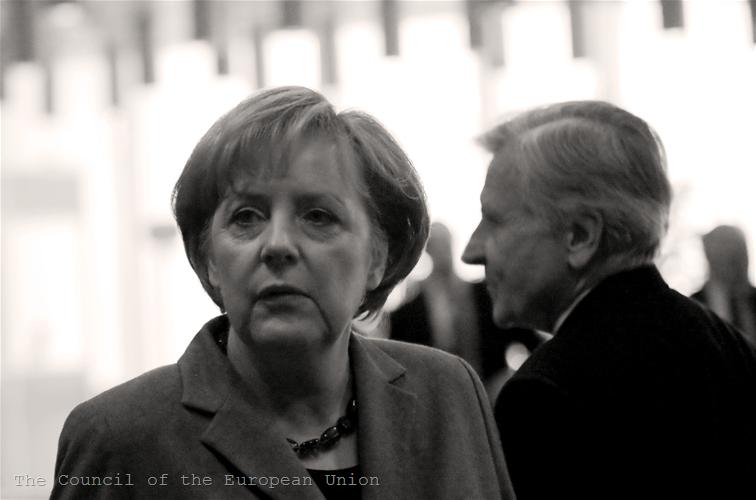 | © The Council of the European Union
| © The Council of the European Union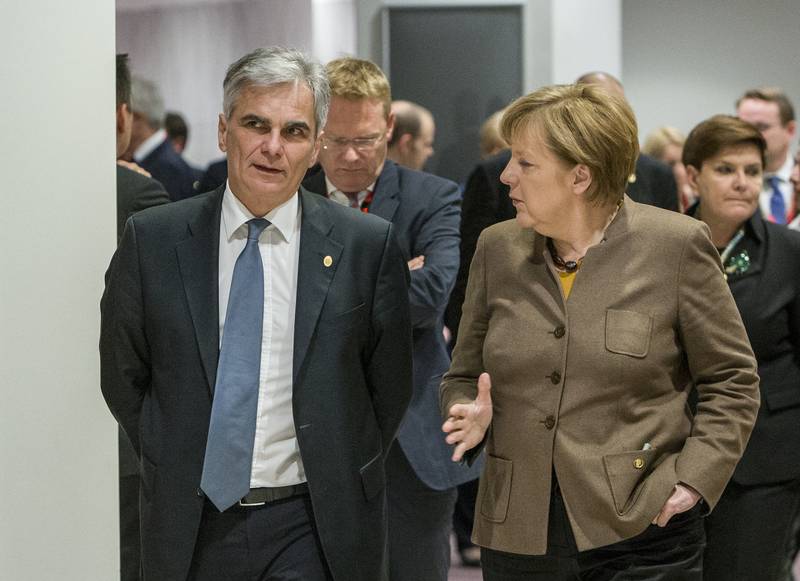 Werner Faymann, Angela Merkel | © Council of the EU
Werner Faymann, Angela Merkel | © Council of the EU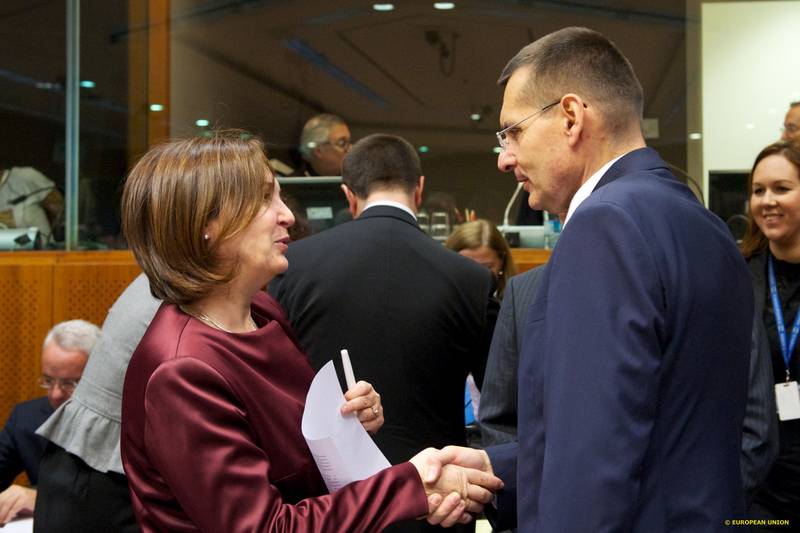 Rumyana Bachvarova, Petre Toba | © Council of the EU
Rumyana Bachvarova, Petre Toba | © Council of the EU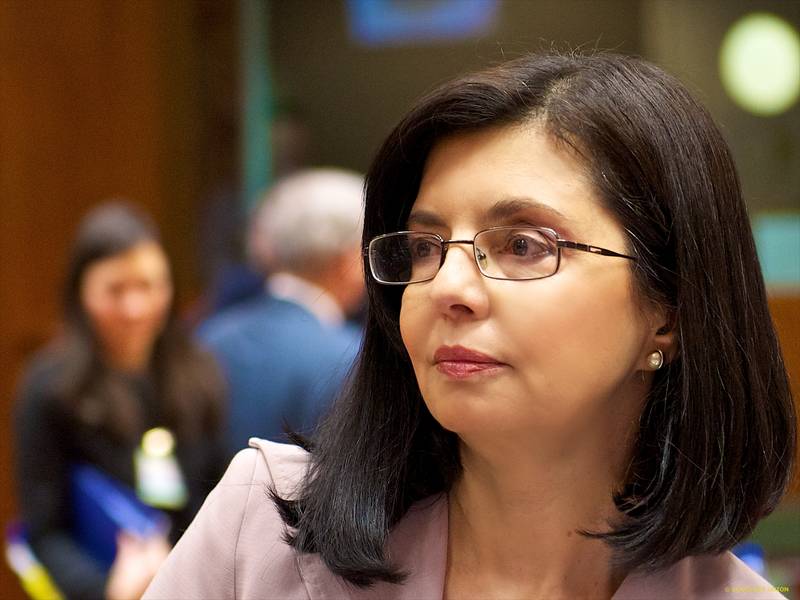 Meglena Kuneva | © Council of the EU
Meglena Kuneva | © Council of the EU | © European Union
| © European Union | © euinside
| © euinside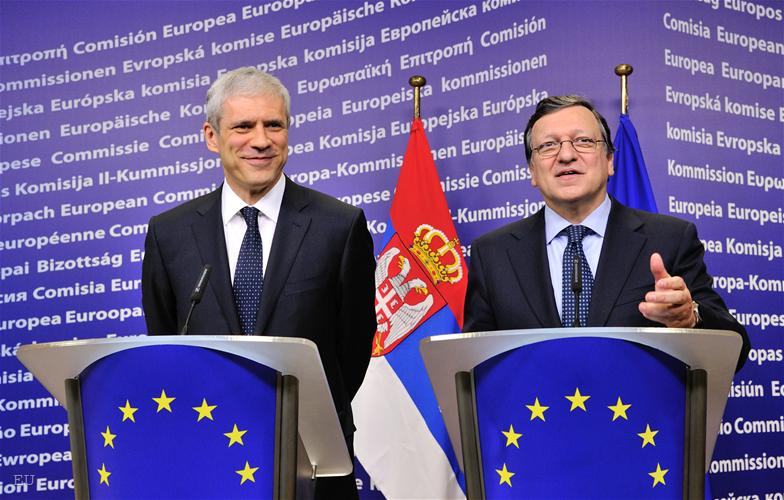 | © EU
| © EU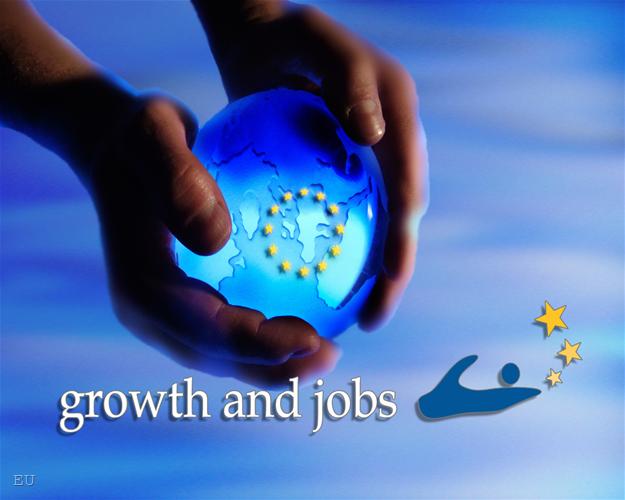 | © EU
| © EU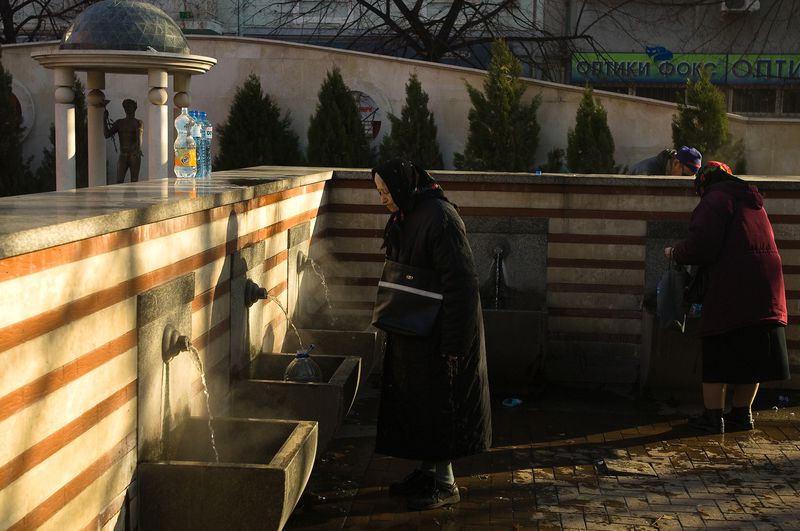 | © EU
| © EU